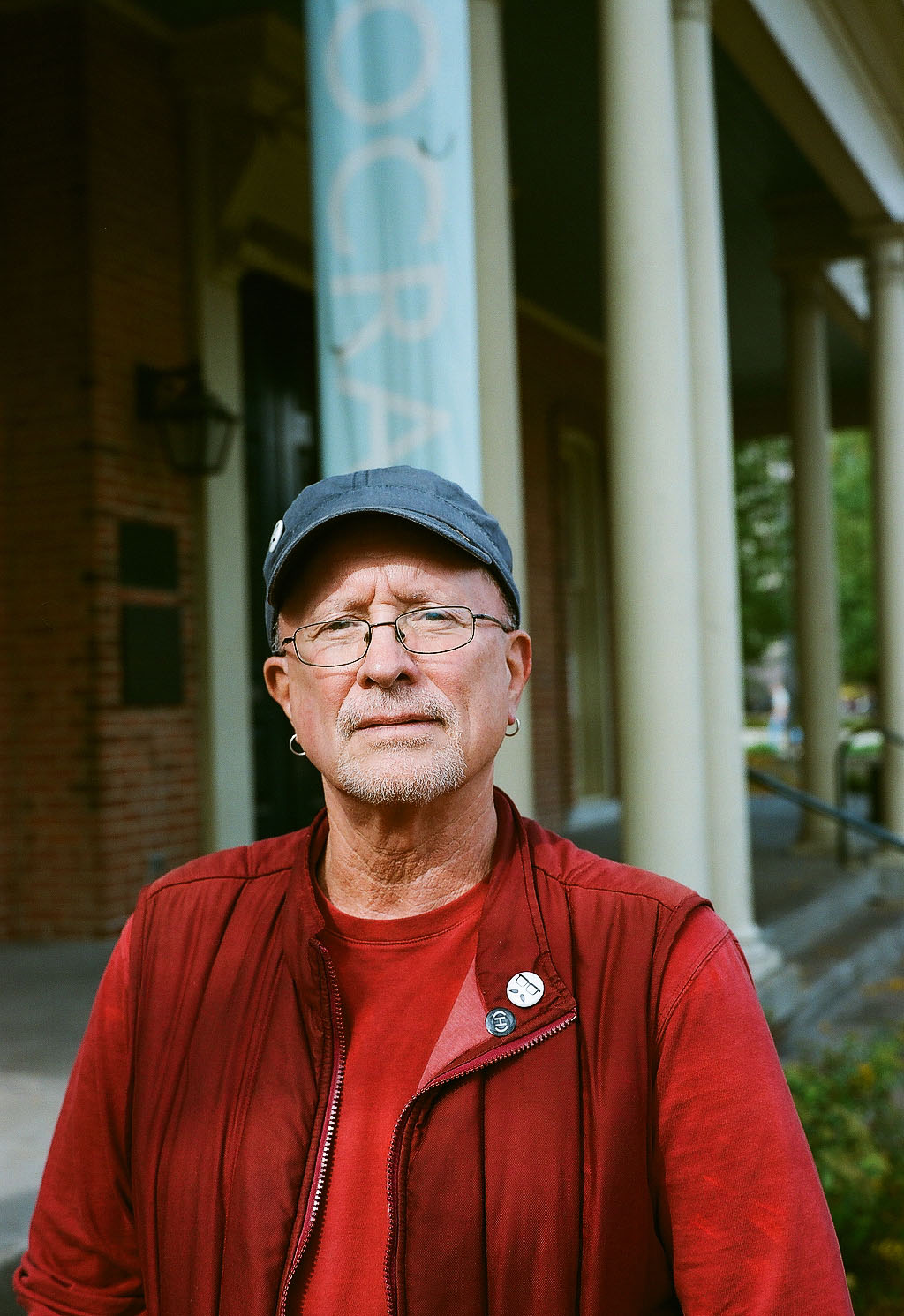On Feb 27, Bill Ayers, former leader of the radical left-wing domestic terror group Weather Underground Organization (WUO), visited Deerfield to speak to the community about his life as an activist. As the group’s leader, Mr. Ayers helped organize a multitude of protests, some of which resulted in the destruction of government property. Wilson Fellow Gary Marx, a writer for the Chicago Tribune, organized Mr. Ayers’ visit.

Discussing what he hoped to come out of his visit, Mr. Ayers shared, “I look forward to connecting with students and sharing my story. I also hope to connect on an issue I think Deerfield students also believe is incredibly important: education.”
However, Mr. Ayers is not known for his advocacy for education and education reform, but rather for the WUO’s bombings of the Pentagon and the United States Capitol. Despite his notoriety, few Deerfield students were legitimately concerned about his visit.
When asked about her opinions on Mr. Ayers’ past involvement with the WUO, Joana Sette ‘19 responded, “I didn’t really give it much thought at all.”
Rather than being wary of Mr. Ayers’ past actions, students are more interested in what he has to share.
“I’m excited to talk to him and meet him, but I’m not afraid. I don’t think it will be as intense as people think it will be,” said Alexa Brown ‘19, a student in the Terrorism in the Modern World course.
Expressing his reasoning behind his decision to invite Mr Ayers, Mr. Marx shared, “I think that it’s one thing to study the theory of terrorism, but it’s another thing to speak to people or hear from people who’ve actually taken up violence for a political cause.”
Known mostly for his involvement with the WUO, Mr. Ayers has been an activist for the majority of his life. Born in Oak Park, Illinois on Dec 26, 1944, Ayers received his bachelor’s degree in American Studies at the University of Michigan in Ann Arbor.
It was at the University of Michigan where he began to be more actively involved in politics, as he joined the Students for a Democratic Society (SDS).
SDS was a national student activist organization that fought for social and political change and represented what was known as the “New Left.”
In Mr. Ayers’ memoir, Fugitive Days, he recounted the SDS president, Paul Potter’s, question that inspired him in 1965: “How will you live your life so that it doesn’t make a mockery of your values?”
In response, Mr. Ayers’ reaction, as he wrote in his memoir, was “you could not be a moral person with the means to act, and stand still… To stand still was to choose indifference. Indifference was the opposite of moral.”
From there, he became an unrelenting activist, sharing his voice and participating in protests and any form of activism to promote his ideas.
Never afraid to be arrested for his civil disobedience, his first arrest was in 1965 during a sit-in at a local draft board.
He later became the founder of the WUO, a clandestine, radical left-wing group whose goal was “the destruction of US imperialism and the achievement of a classless world: world of communism,” according to the Weathermen theory.
Discontent with the US involvement in the Vietnam War, the group conducted a wave of bombings in the 1970s, targeting government buildings, including the United States Capital and the Pentagon, many banks, and police cars.
Despite the bombings, Mr. Ayers repeatedly emphasized in the interview how he is “a strong advocate for peace” and how their goal was “to try and stop the war and nothing more.” In that sense, many of their attacks were preceded by evacuation warnings and a proclamation of the goal and purpose of their attacks.
Additionally, Mr. Ayers consistently brought to light the fact that, as he put it, “no civilians were actually killed or injured in our attacks.”
Nonetheless, the bombings were violent acts that had the potential for human casualties. Regarding his involvement in the WUO and the violent protests and attacks they instigated, Ayers shared, “I cannot defend any of those actions… but in those circumstances, no one knew what to do… Thousands of U.S. soldiers were dying every week and the government did nothing to stop it.”
When asked about his decision to resort to violent forms of activism, abandoning civil disobedience, Mr. Ayers countered with an equally interesting question, as he asked, “Why don’t we ever question senators and congressmen and politicians why they resort to violence? We’re constantly fighting wars, yet we never ask the people who start those wars why they chose violence.”
Currently, Mr. Ayers is a retired Distinguished Professor of Education and Senior University Scholar at the University of Illinois as well as the founder of the Small Schools Workshop and the Center for Youth and Society.
As an educator, he’s taught topics including interpretive and qualitative research, urban school change, and teaching and the modern predicament.
Most importantly, he continues to advocate for an array of issues he believes strongly in.
These issues include the Black Lives Matter movement, the #MeToo movement, as well as the importance of education and education reform. Mr. Ayers’ visit represents a goal by the History and Social Sciences Department to enhance the curriculum of the Terrorism in the Modern World class and expose the community to a range of perspectives.
As Mr. Marx shared, “I think, generally, Americans think that terrorists are crazy, that they’re insane… I’m hoping that students will get beyond that one- dimensional view of terrorists and try to figure out what are the grievances and what are the motivations that make people take that jump from radical ideas to violence.”

